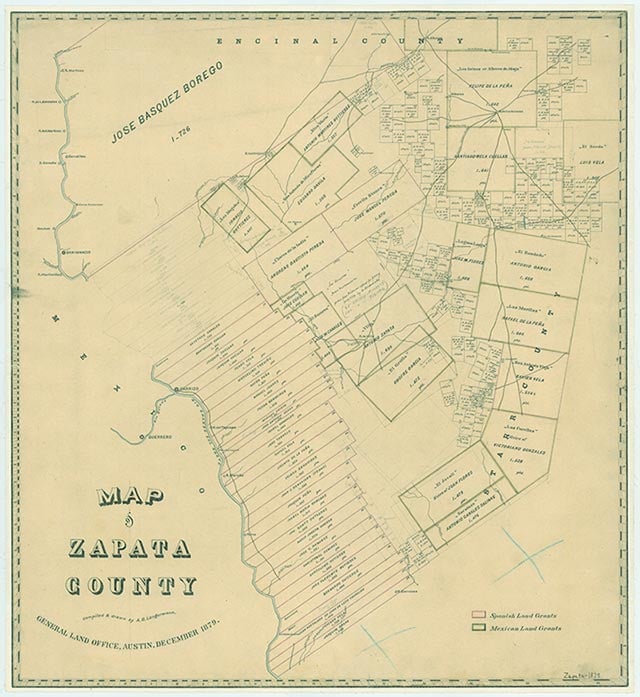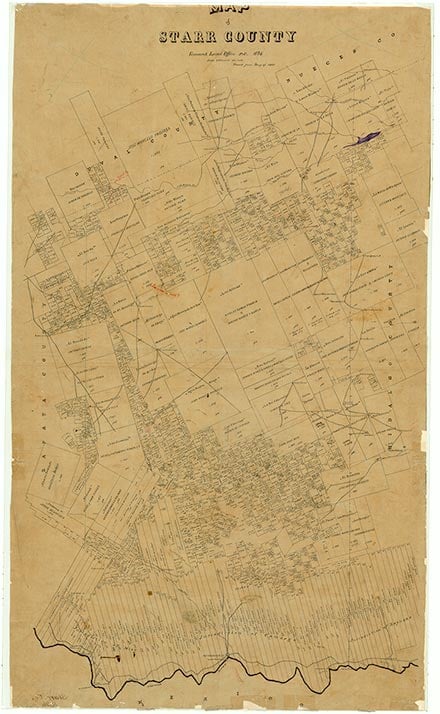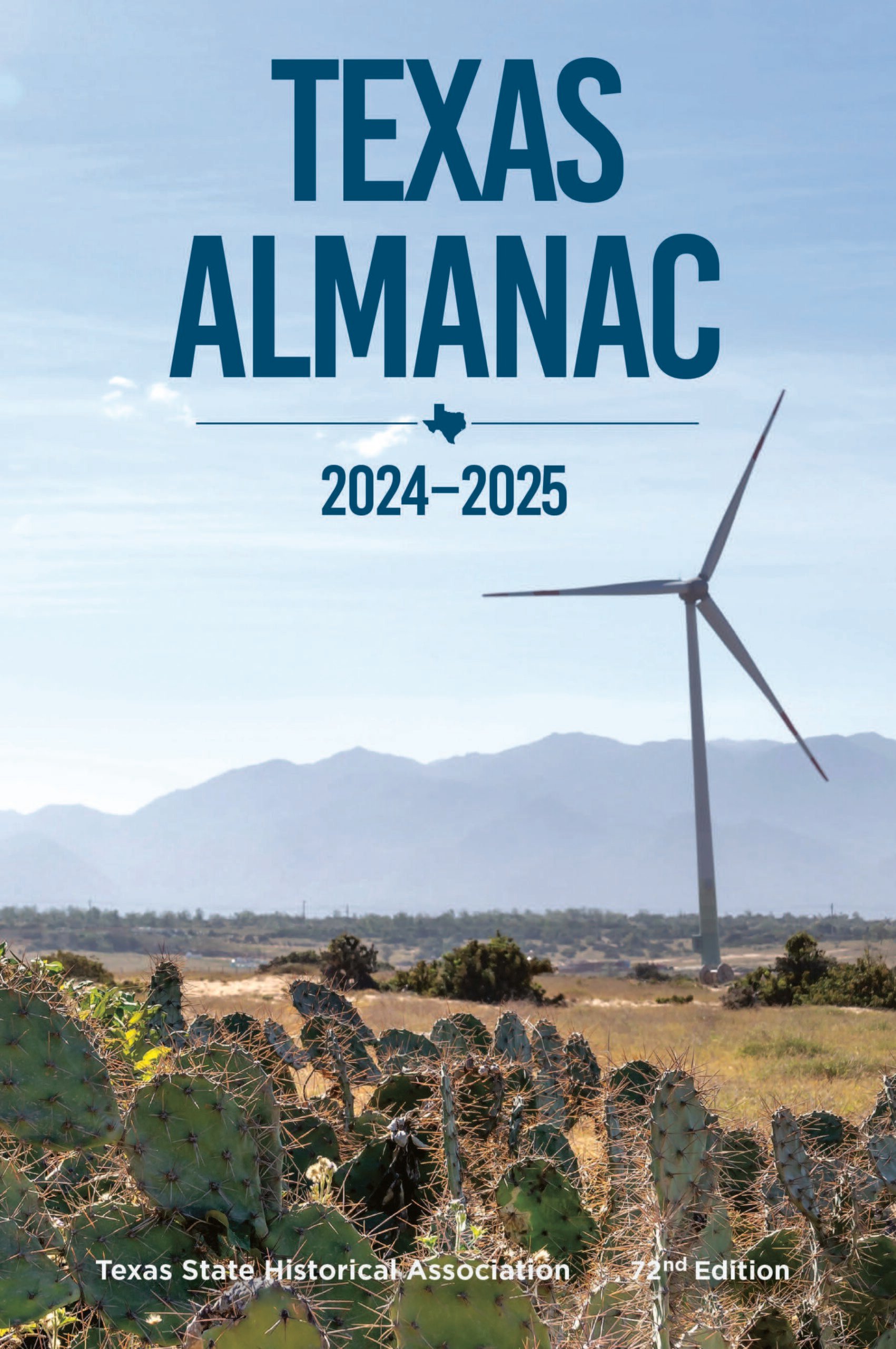Falcon International Reservoir
International Falcon Reservoir is located on the Rio Grande east of Zapata (its center point is 26°34' N, 99°10' W). The huge lake is bounded by Starr and Zapata counties, Texas, and the county and city of Nuevo Ciudad Guerrero, Tamaulipas, Mexico. The dam and reservoir provide for water conservation, flood control, hydroelectric energy, and recreation. The project is owned, authorized, and operated by the United States and Mexico through the International Boundary and Water Commission. The project is named for the relocated town of Falcon, which in turn was renamed in 1915 after the wife of founder José Eugenio Ramírez, María Rita de la Garza Falcón.
The idea of a dam six miles east of the present site began about 1935, and the lake was approved by treaty at its present location in the late 1940s. Work began in 1951, and deliberate impoundment started on August 25, 1953. The reservoir was dedicated by presidents Dwight D. Eisenhower and Adolfo Ruiz Cortines on October 19, 1953. The five-mile-long rolled earthfill and concrete embankment was completed on April 8, 1954. The first power was generated commercially on October 11, 1954. The dam is 150 feet above the riverbed, with a crest elevation of 323 feet above sea level. Almost two miles of the dam is in the United States, and nearly three miles is in Mexico. The cost of the lake to the United States was $35 million. Flood-control benefits to the United States had totaled $130 million by January 1, 1986.
Dick D. Heller, Jr. | © TSHA

Adapted from the official Handbook of Texas, a state encyclopedia developed by Texas State Historical Association (TSHA). It is an authoritative source of trusted historical records.

- ✅ Adoption Status:
- This place is available for adoption! Available for adoption!
- Adopted by:
- Your name goes here
- Dedication Message:
- Your message goes here
Belongs to
Falcon International Reservoir is part of or belongs to the following places:
Lake Measurements
- Surface Area (in acres): 85,195
- Storage Capacity (in acre-feet): 2,646,765
Lake Maintained or Owned by
International Boundary and Water Commission
Date of Origin
1954 (70 years ago)Currently Exists
Yes
Place type
Falcon International Reservoir is classified as a Lake
Purposes
- Flood Control
- Recreation
- Power generation
- Municipal water supply
- Irrigation
- Industry
Associated Names
- [Falcon Lake]
More about Falcon International Reservoir
International U.S.–Mexico; Texas’ share of conservation capacity is 58.6 percent



